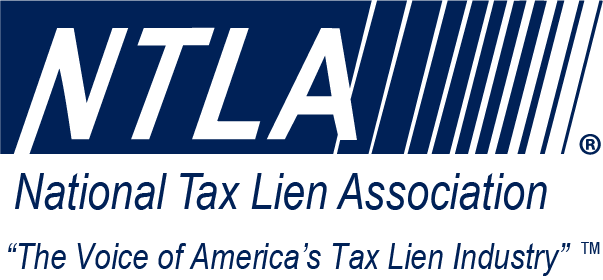High Stakes: $22 Billion in Unpaid Property Taxes Drive Growing Reliance on Tax Sales

High Stakes: $22 Billion in Unpaid Property Taxes Drive Growing Reliance on Tax Sales
Tax sales play a crucial role in funding the community services that taxpayers rely on
The National Tax Lien Association reported a staggering $22 billion in property taxes went unpaid last year in America. Local governments increasingly rely on tax sales to help cover this shortfall. Brad Westover, NTLA’s Executive Director, commented, "With $22 billion dollars we could build 275 high schools, pay 349,206 teacher salaries, construct 3,144 police-fire stations, or grant 4.4 million student scholarships. We must tirelessly focus on providing great education for our children and safe cities for all… both of which are funded almost entirely through property taxes!”
Property tax sales, often overlooked but undeniably pivotal, serve as the bedrock for maintaining the very services and amenities taxpayers require and expect. In a world where local governments grapple with budgetary challenges, property tax sales are the unsung hero, playing a critical role in preserving the well-being of our communities.
Amidst the uncertainty, it's essential to remember that tax lien investors are the lifeline that decreases property foreclosures and ensures the continuity of essential community services. As Adam Greenberg, New Jersey based Judge and tax attorney, posed, "How many tax certificates go to foreclosure after the sale?" Marc Rubinsohn, CEO of ProCapital, a large tax investing firm, answered, "Less than 1%.” These statistics highlight the importance of tax lien sales in preventing property foreclosures and demonstrating their effectiveness in keeping communities stable.
Property taxes do what?
Property taxes form the most significant portion of local government revenue. These funds are channeled into indispensable services such as schools, public safety, infrastructure maintenance, and vital social programs. Property tax sales ensure that this financial lifeline remains uninterrupted.
Tax Sales do what?
Municipal, county, and state budgets often encounter unexpected fiscal hurdles. Property tax sales provide a fiscal buffer, serving as a bridge over troubled financial waters when budgets face deficits or unforeseen costs. They are the safety net that keeps communities on a stable footing.
Tax Lien Investors do what?
Tax investors step in when property owners default on their tax obligations. By purchasing tax liens, these investors provide immediate cash injections to local governments, ensuring that budget gaps are covered. This infusion of capital is often the difference between continued service provision and budgetary cutbacks.
Infrastructure Revitalization
The maintenance and improvement of infrastructure – roads, bridges, utilities, and public spaces – remain a primary recipient of property tax revenue. Property tax sales continue to contribute to the revitalization of these critical assets, preserving community functionality.
Nurturing Education
Education is a significant beneficiary of property tax revenue. Generally, the lion’s share of these funds is channeled into public education, ensuring that the minds of tomorrow receive the necessary nourishment today. Property tax sales indirectly contribute to the development of a well-educated workforce.
Encouraging Fiscal Responsibility
Property tax sales also serve as a mechanism for local governments to ensure property owners meet their financial obligations. These sales offer a chance for delinquent taxpayers to rectify their tax obligation over time. The process also ensures that current taxpayers, which is usually 97% of property owners, are NOT increasingly taxed to cover those who don’t pay on time.
A Mutual Victory in Uncertain Times
Property tax sales offer a mutually beneficial solution. Communities receive the necessary funding for their essential services without raising taxes, delinquent taxpayers are afforded more time to pay, while investors seek opportunities to contribute to their communities by renovating properties.
“The American dream of homeownership is still alive and well in the US. There is no greater wealth creator for most citizens than owning a home but that in large part is contingent upon two key elements: 1) great schools and 2) safe communities” said Westover. “Property taxes and tax sales are major contributors to safe neighborhoods and educated children.”
Additional Info
Source : National Tax Lien Association
